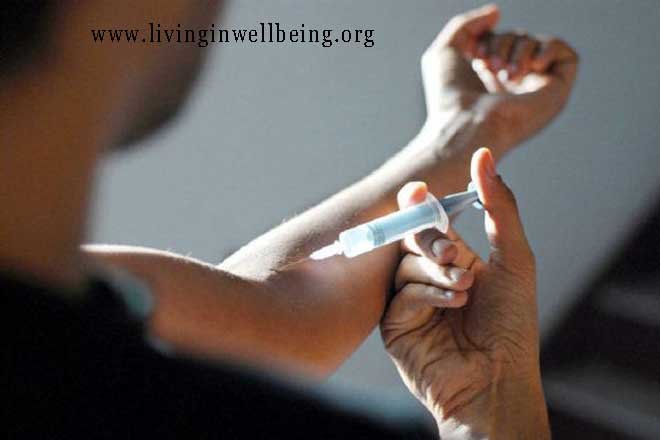
With 1 in 10 people suffering from an addiction, this illness is a very real problem in our everyday lives. So what exactly is an addiction and why are people so reluctant to seek help when they are suffering?
Addiction is a progressive illness – and a very common one at that. This might be to a substance (drugs or alcohol), to a behaviour (sex, gambling, shopping, relationships or self-harm) or to food (over-eating, anorexia or bulimia).
Latest research indicates that addictive behavior is often rooted in trauma – the experience of a situation, event, or series of events of a terrifying and overwhelming nature. As a result, an individual may repeatedly turn to a substance or type of behaviour in an attempt to comfort themselves or cope.
Unfortunately, it doesn’t work. As addiction takes hold, a complete loss of self-worth, a breakdown in trust, and inevitable social isolation follow – as both the addict and his or her family are drawn into the vortex.
In this sense, addiction can also be seen as an illness that affects the whole family.
Seeking treatment is a critical step, but it still carries a certain taboo. And yet, it’s crucial to the process of recovery for the treatment of addiction.
Don Lavender BA M.Div, is the Programme Director at the Camino Recovery Centre, he comments:
“What sometimes prevents adequate care being delivered to those in need is a disproportionate level of shame and secrecy surrounding addiction. This not only inhibits an individual from receiving help, but also reinforces the unimaginable sense of shame that they already feel about themselves.
Don continues: “But the only way out of this cycle is to seek, and fully engage with, treatment that has been proven to work.”
Group therapy and addiction treatment for families, underpinned by a 12-Step programme, forms a big part of the treatment at the Camino Recovery Centre. It helps people choose a network of support to maintain abstinence from their drugs of choice. Without support, an individual has got an extremely high probability of relapse.












